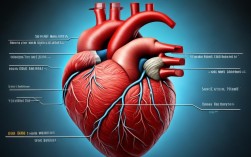在日常生活中,我们经常会遇到需要表达“指着”这一动作的场景,比如指路、指示物品或强调某个方向,在英语中,“指着”应该如何准确表达呢?本文将详细介绍相关词汇、短语及用法,帮助你在不同语境下正确使用。
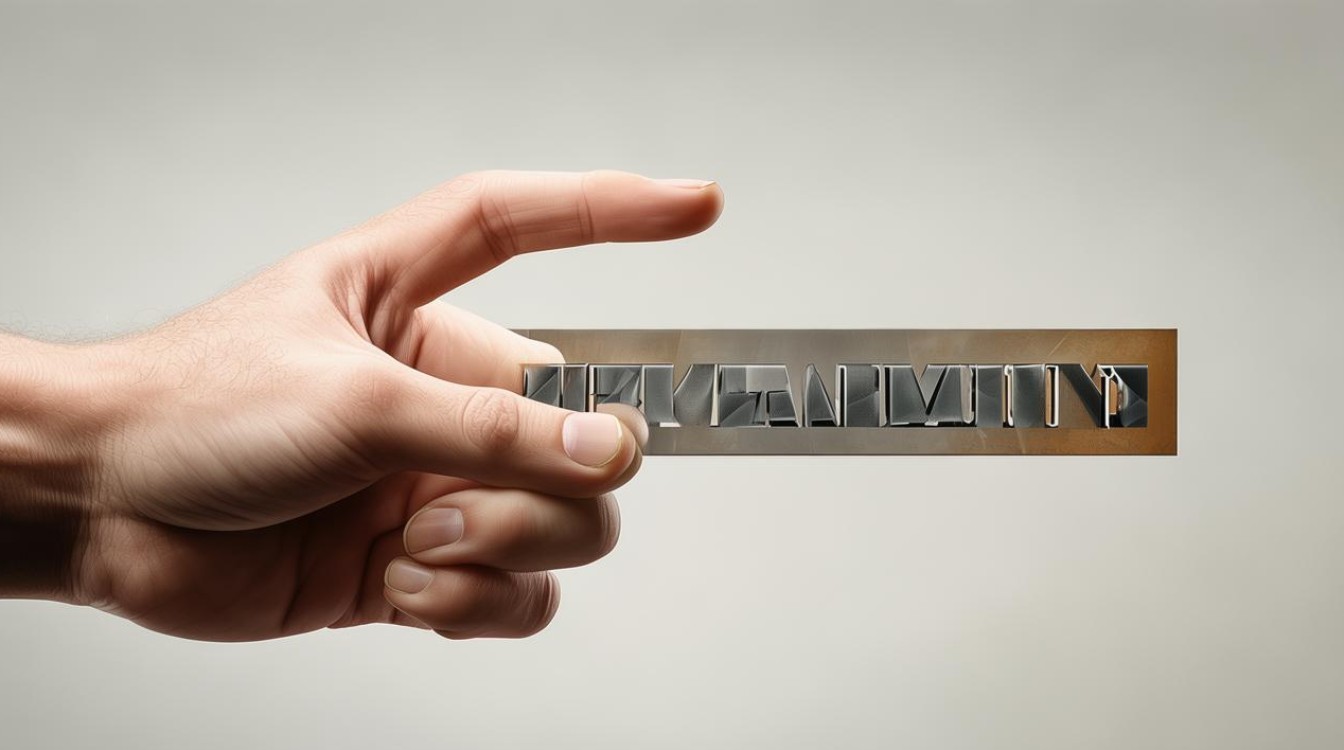
最常用的表达:Point at / Point to
“Point”是“指着”最直接的对应词,但具体搭配不同介词时,含义略有差异。
-
Point at:通常带有明确的指向性,有时可能显得不太礼貌,尤其是直接指向人时。
- 例句:She pointed at the map to show the location.(她指着地图示意位置。)
- 注意:如果指着人,可能显得粗鲁,Don’t point at people!(别指着人!)
-
Point to:更中性,常用于指示方向或抽象概念,语气更缓和。
- 例句:The teacher pointed to the blackboard.(老师指向黑板。)
- 例句:All the evidence points to his innocence.(所有证据都指向他的清白。)
更礼貌的表达:Indicate / Gesture towards
如果希望表达更礼貌或正式,可以使用以下词汇:
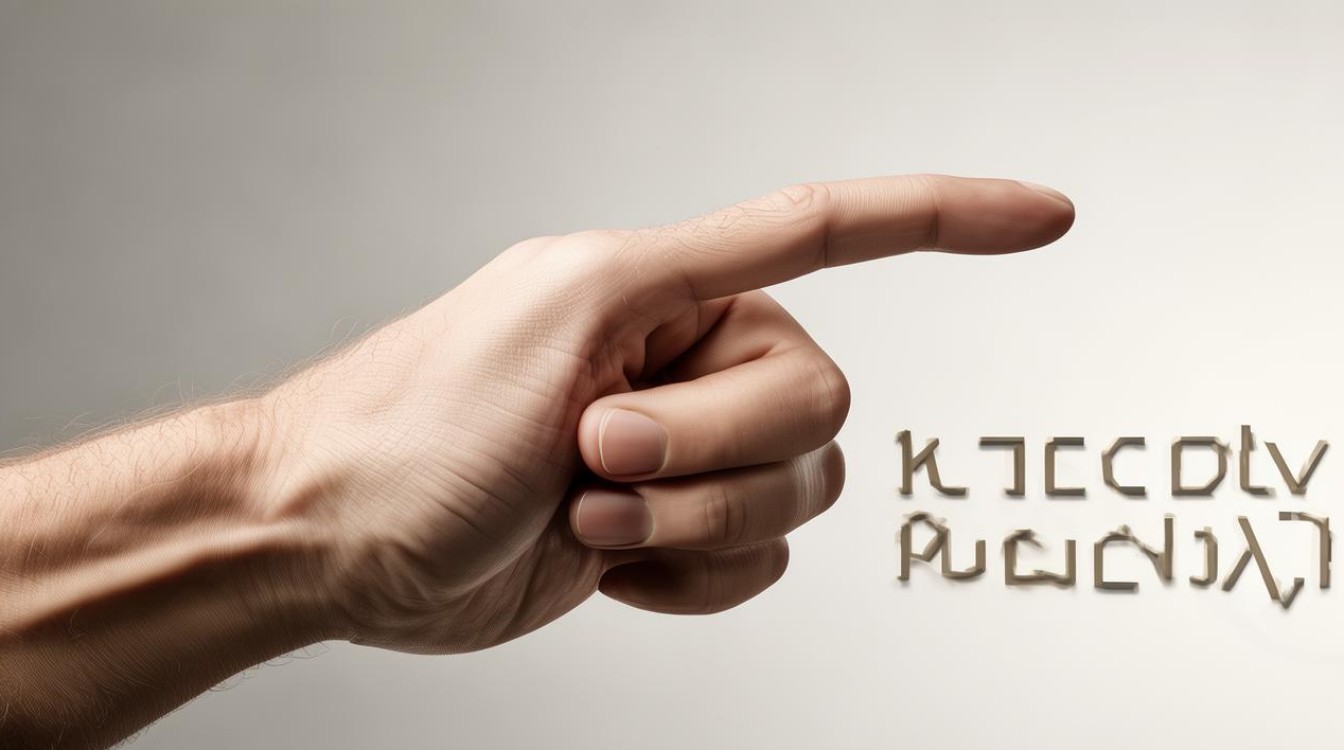
-
Indicate:正式场合常用,强调明确指示。
- 例句:He indicated the exit with a nod.(他用点头示意出口。)
-
Gesture towards:通过手势示意,比“point”更温和。
- 例句:She gestured towards the empty seat.(她示意空座位。)
特定场景下的表达
根据不同情境,“指着”还可以用更具体的词汇:
-
Direct someone’s attention to:引导他人注意某事物。
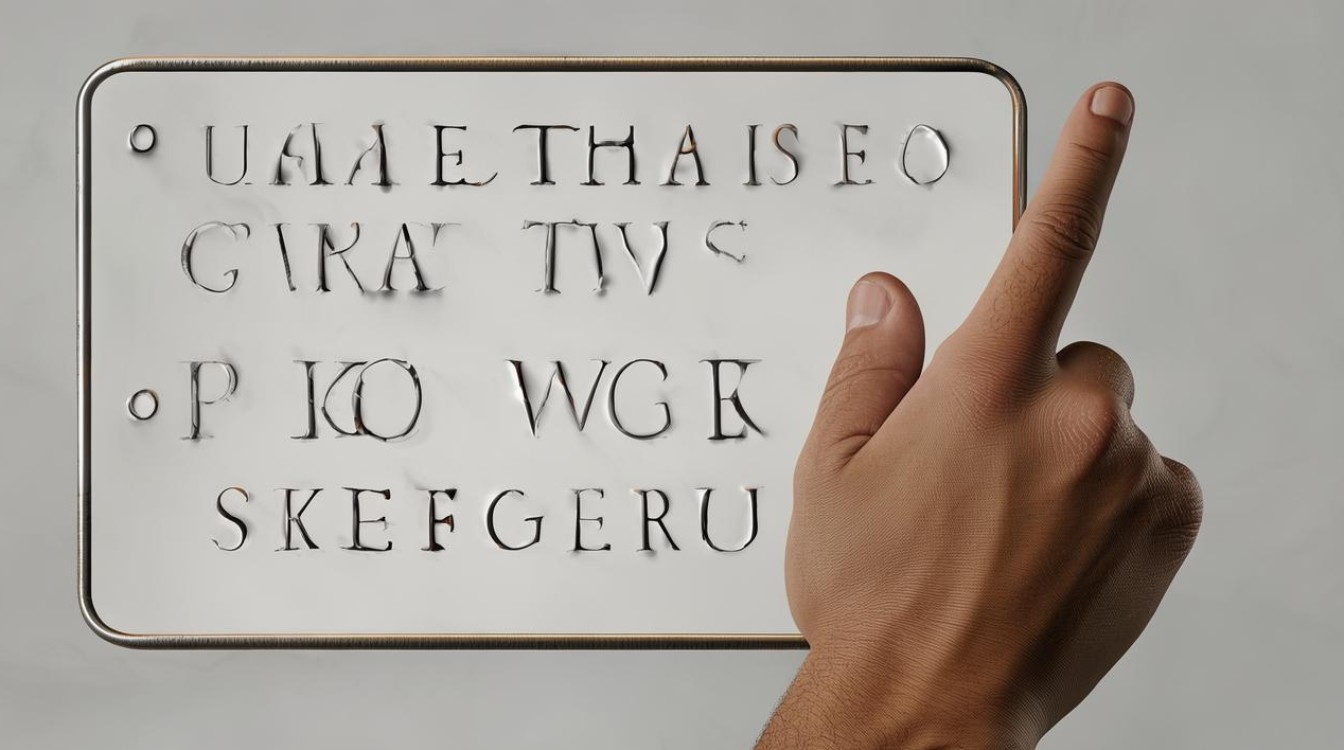
- 例句:Can you direct their attention to the sign?(你能让他们注意那个标志吗?)
-
Signal:通过手势或动作示意。
- 例句:The referee signaled a foul.(裁判示意犯规。)
-
Motion:用动作表示方向。
- 例句:He motioned for me to come closer.(他示意我靠近。)
常见错误与注意事项
-
避免混淆“point”和“show”:
- “Point”强调动作,“show”强调展示。
- 错误:He showed the door with his finger.(不自然)
- 正确:He pointed to the door.
- “Point”强调动作,“show”强调展示。
-
文化差异:
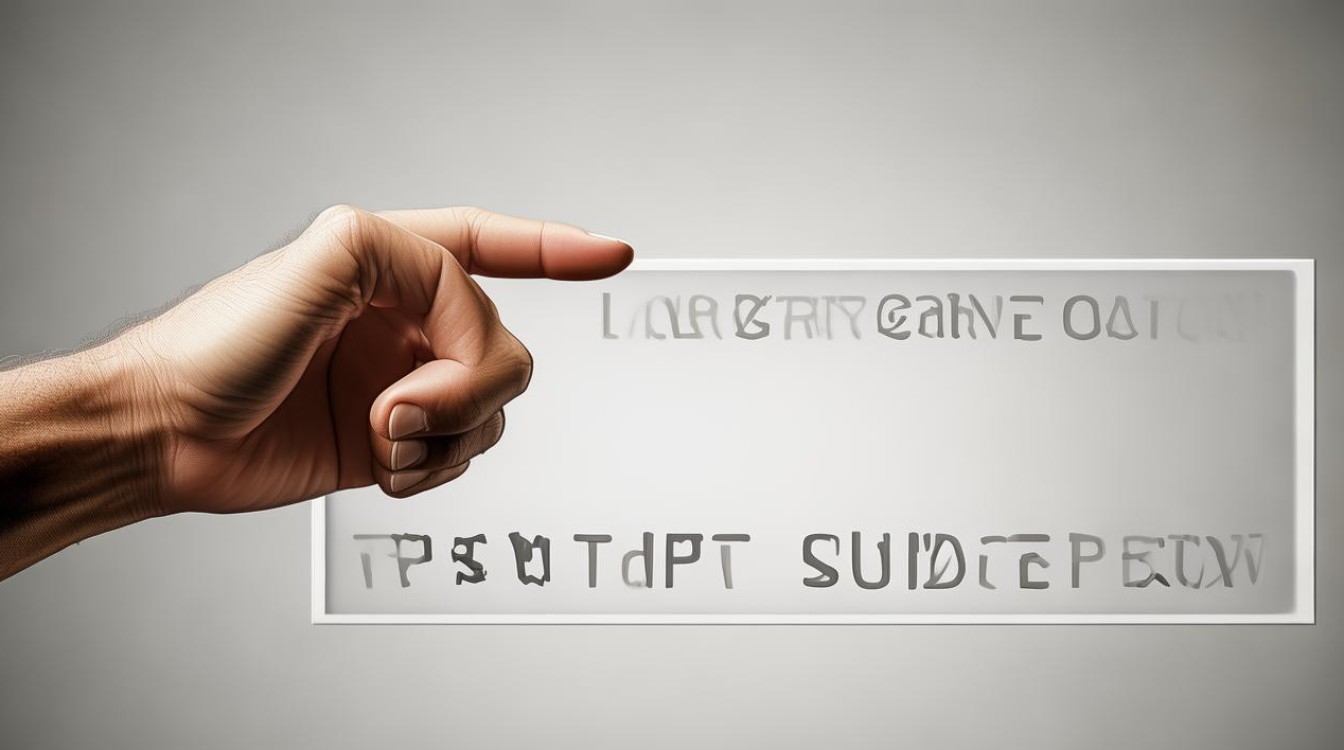
在某些文化中,用手指直接指人可能被视为冒犯,可以用手掌向上的方式示意。
实用例句巩固记忆
为了帮助掌握这些表达,以下是一些实用例句:
- The guide pointed at the mountain and explained its history.(导游指着山并讲解它的历史。)
- She pointed to the menu when I asked for recommendations.(我问推荐时,她指向菜单。)
- The detective indicated the crucial clue.(侦探指出了关键线索。)
- He gestured towards the window to show the beautiful view.(他指向窗户展示美景。)
掌握这些表达后,无论是在日常对话、商务场合还是写作中,你都能更准确地使用“指着”的英文表达,语言的学习在于实践,多尝试运用这些词汇,你的英语表达会越来越自然流畅。



